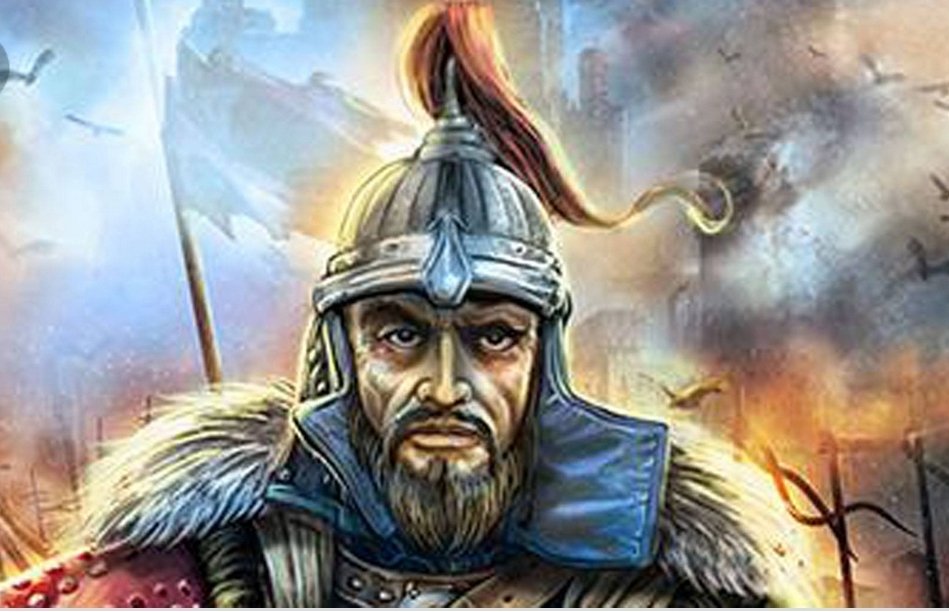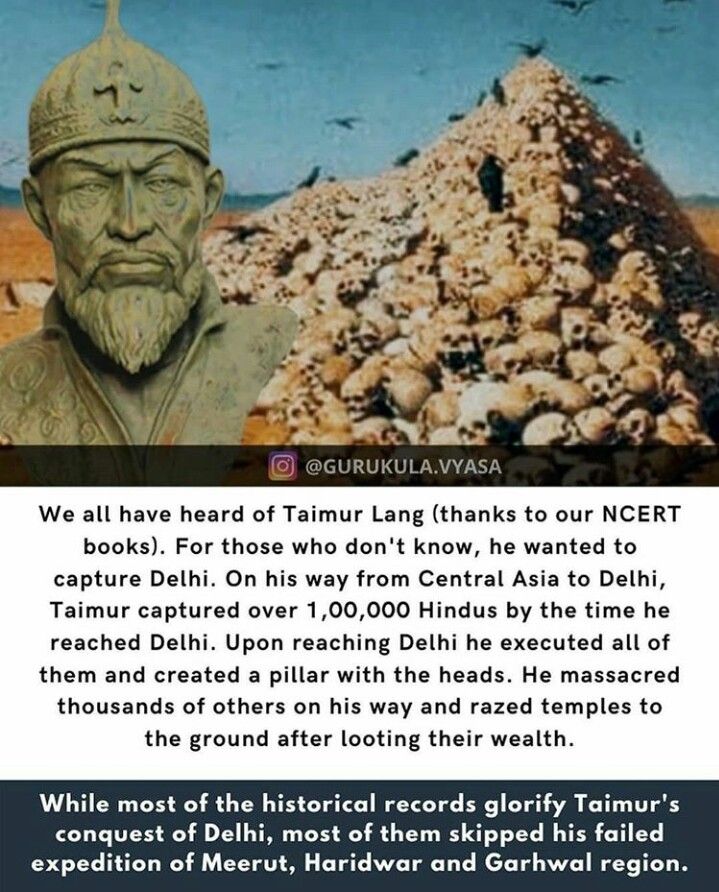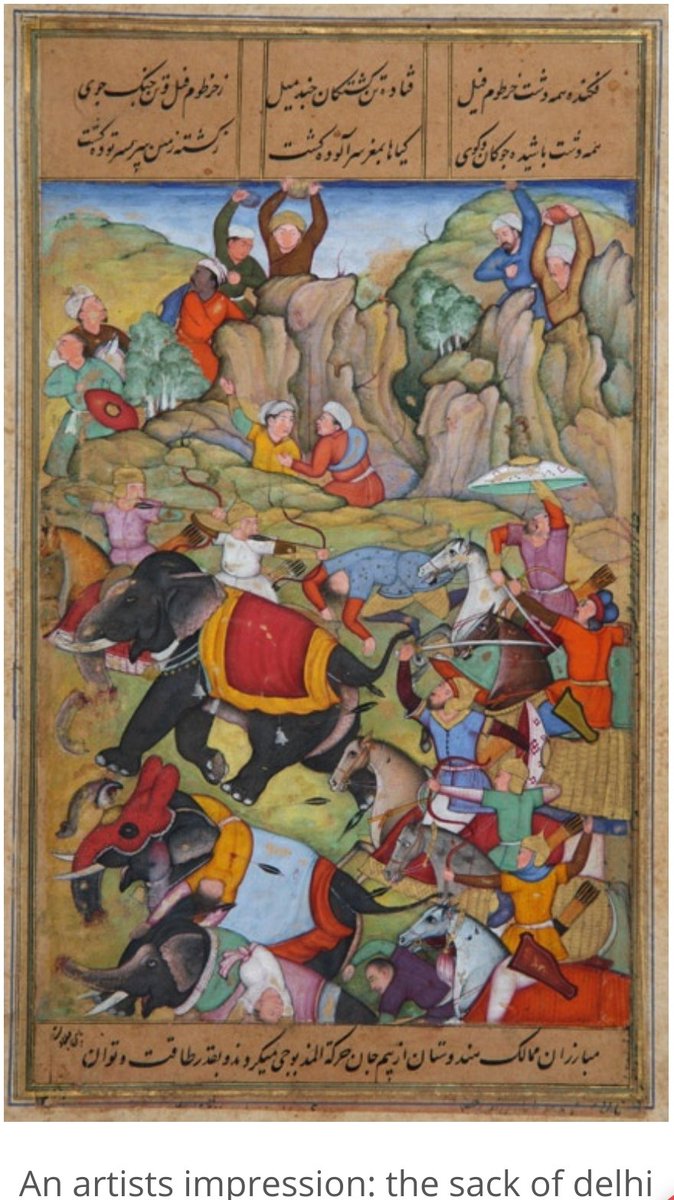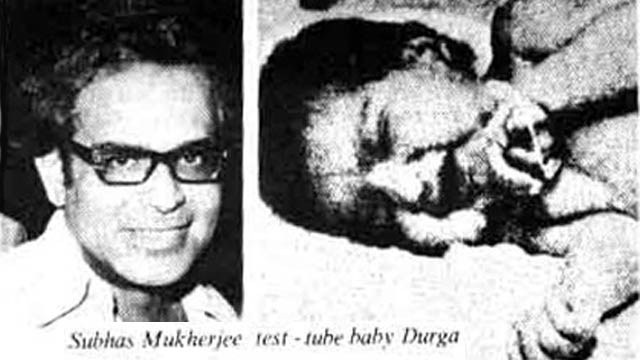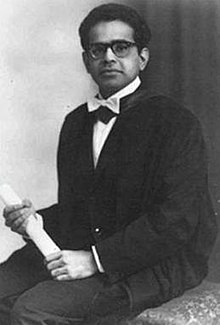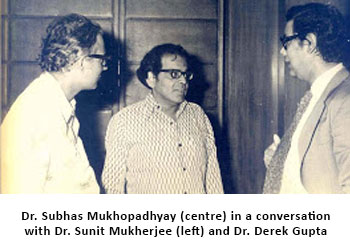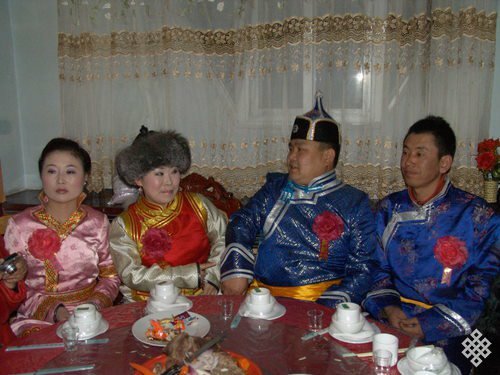
Tuvans in Xinjiang
Thread
Road to Hemu village, which is a major tourist site in Chinese Altay, northern Xinjiang. Hemu is one of the Tuvan ethnic villages.
— Timppa Karjalainen (@TimppaKarjalai1) January 11, 2021
Damn pandemic. I'd be travelling twice a year to XJ if not the cursed virus. pic.twitter.com/GvNozILRnH

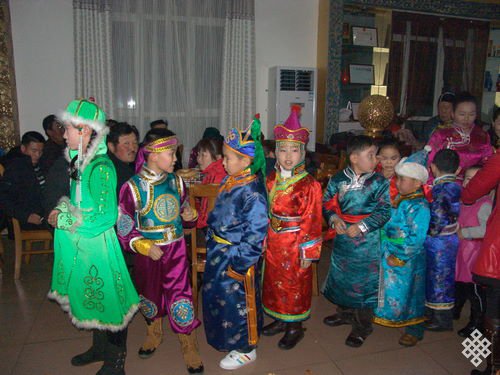
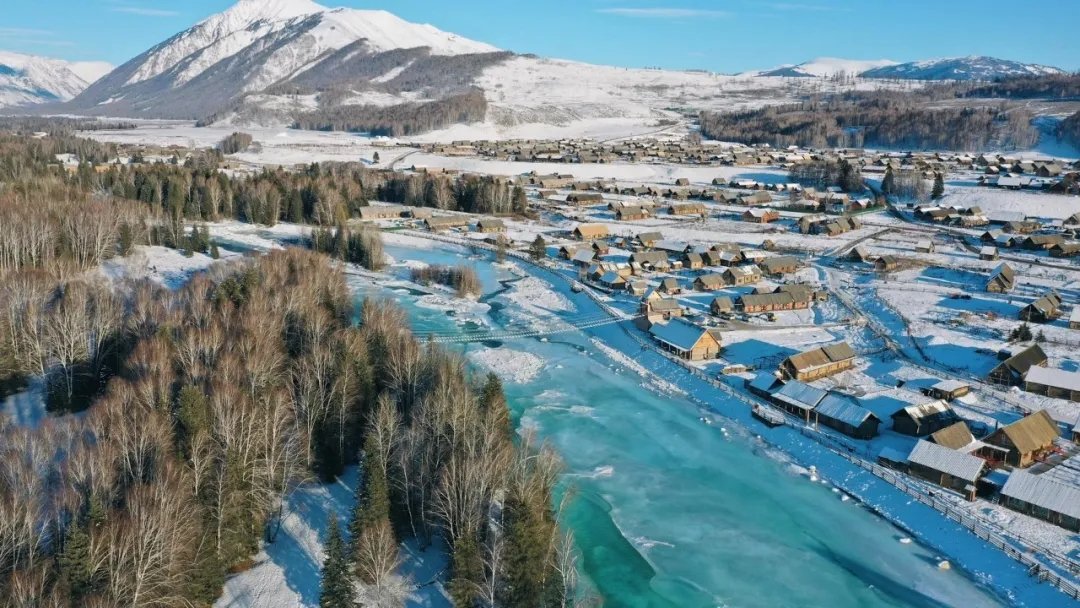

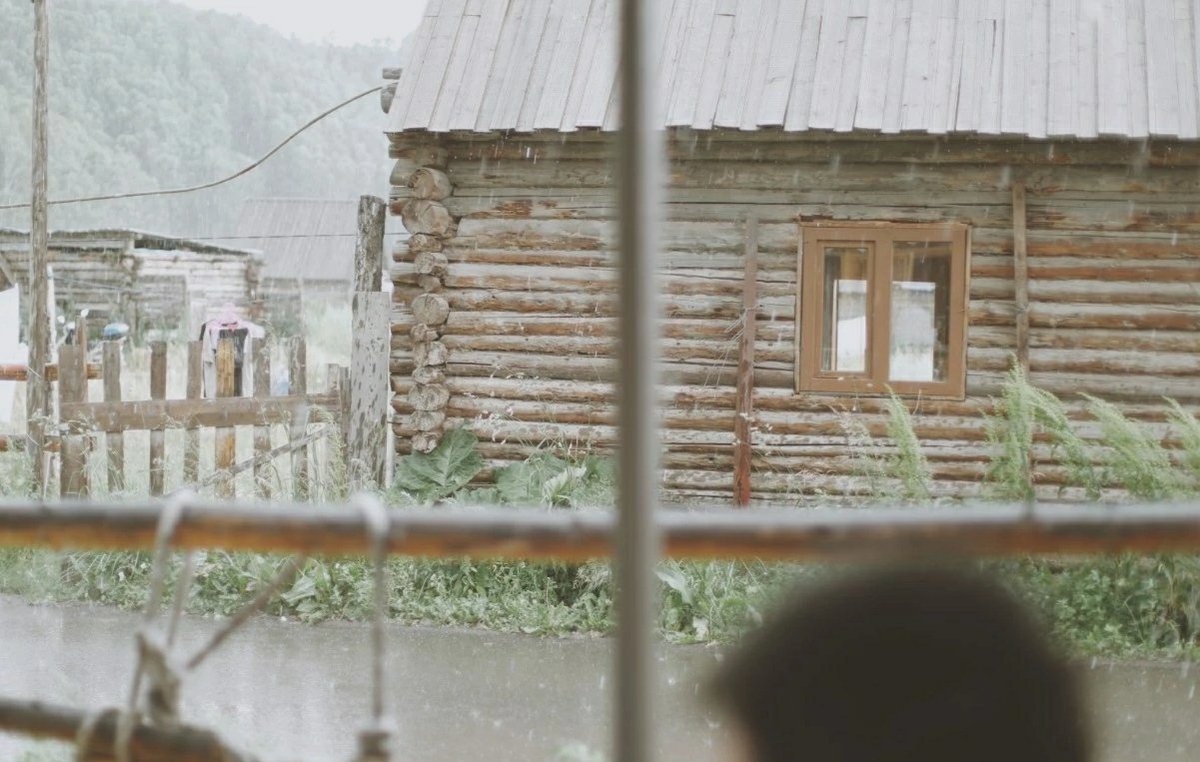
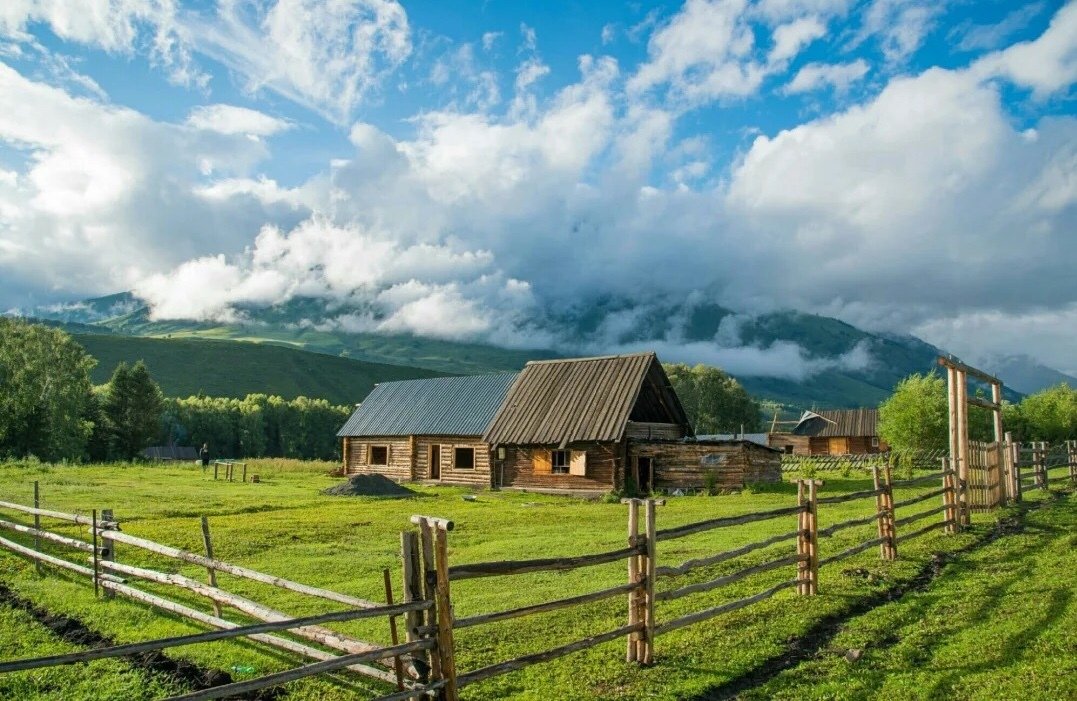
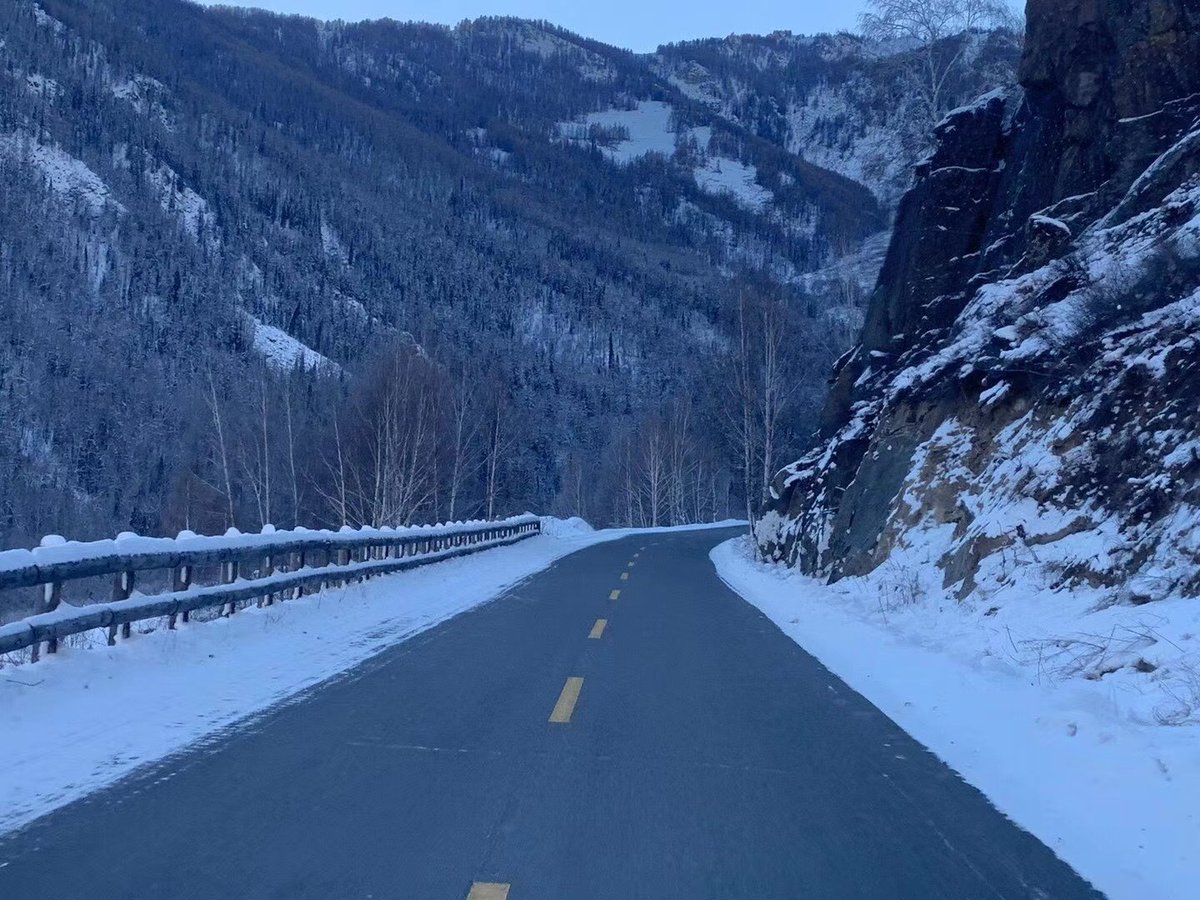
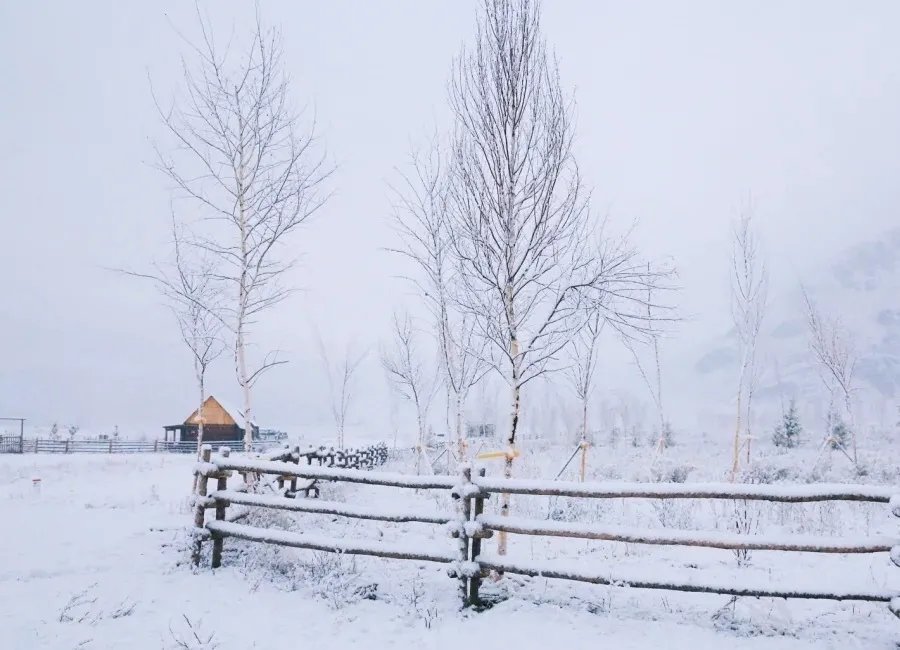
Plenty of Russian and Kazakh language
borrowed words in their everyday speech.
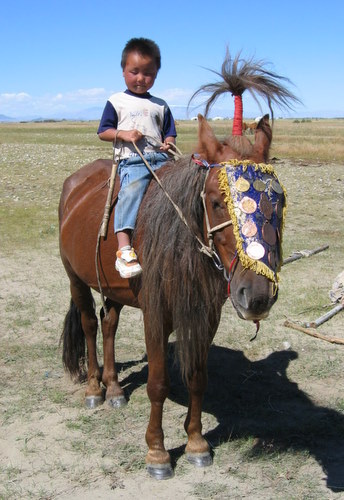
https://t.co/3Zx7KH9orB
https://t.co/Dl6gwthXqM
More from World
With historical Data and explanations, I will want to DISAGREE with what you said here ma'am Or at Least Reframe what you said because what you said can be used to refer to a lot of scenarios.
Who are the "Citizens of Nigeria" you claim are not ready because they are...
(/1)
Not demanding good governance?.
If by this you mean the Vast majority of Nigerians that are in the lower class should demand for good governance, then I hope you know this can never be effective.
Why?
It is virtually impossible for the lower class citizens to gather and...
Demand for good governance. What do they know that they want to demand? The few among them that are "enlightened" will have their voices drown out by the many that are not. I hope you know that there will always be the ignorant, evil men (hired assassin, political thugs) and also
Good men, the proportion of good men to the ignorants and evil men in this social class is low. Therefore l, gathering to something meaningful will be low.
How will they even gather? Through elections? I also hope you know that the wicked political leaders will not just fold...
Their arms and not defend their rulership from being overthrown. They will surely sow misinformation, spread lies aimed at misleading the masses. This particular social class, that are also numerous will be easy to swallow such lies and cajoled. Buhari was sold to us as a...
Who are the "Citizens of Nigeria" you claim are not ready because they are...
(/1)
I will repeat it yet again.
— Oby Ezekwesili (@obyezeks) February 18, 2021
Citizens of Nigeria are not yet ready for Good Governance.
They absolutely enjoy and believe they deserve to be poorly governed.
The Politicians know this and dish Bad Governance in large doses to them.
When citizens are ready, it will end.\u270d\U0001f3fe
Not demanding good governance?.
If by this you mean the Vast majority of Nigerians that are in the lower class should demand for good governance, then I hope you know this can never be effective.
Why?
It is virtually impossible for the lower class citizens to gather and...
Demand for good governance. What do they know that they want to demand? The few among them that are "enlightened" will have their voices drown out by the many that are not. I hope you know that there will always be the ignorant, evil men (hired assassin, political thugs) and also
Good men, the proportion of good men to the ignorants and evil men in this social class is low. Therefore l, gathering to something meaningful will be low.
How will they even gather? Through elections? I also hope you know that the wicked political leaders will not just fold...
Their arms and not defend their rulership from being overthrown. They will surely sow misinformation, spread lies aimed at misleading the masses. This particular social class, that are also numerous will be easy to swallow such lies and cajoled. Buhari was sold to us as a...
You May Also Like
I just finished Eric Adler's The Battle of the Classics, and wanted to say something about Joel Christiansen's review linked below. I am not sure what motivates the review (I speculate a bit below), but it gives a very misleading impression of the book. 1/x
The meat of the criticism is that the history Adler gives is insufficiently critical. Adler describes a few figures who had a great influence on how the modern US university was formed. It's certainly critical: it focuses on the social Darwinism of these figures. 2/x
Other insinuations and suggestions in the review seem wildly off the mark, distorted, or inappropriate-- for example, that the book is clickbaity (it is scholarly) or conservative (hardly) or connected to the events at the Capitol (give me a break). 3/x
The core question: in what sense is classics inherently racist? Classics is old. On Adler's account, it begins in ancient Rome and is revived in the Renaissance. Slavery (Christiansen's primary concern) is also very old. Let's say classics is an education for slaveowners. 4/x
It's worth remembering that literacy itself is elite throughout most of this history. Literacy is, then, also the education of slaveowners. We can honor oral and musical traditions without denying that literacy is, generally, good. 5/x
As someone\u2019s who\u2019s read the book, this review strikes me as tremendously unfair. It mostly faults Adler for not writing the book the reviewer wishes he had! https://t.co/pqpt5Ziivj
— Teresa M. Bejan (@tmbejan) January 12, 2021
The meat of the criticism is that the history Adler gives is insufficiently critical. Adler describes a few figures who had a great influence on how the modern US university was formed. It's certainly critical: it focuses on the social Darwinism of these figures. 2/x
Other insinuations and suggestions in the review seem wildly off the mark, distorted, or inappropriate-- for example, that the book is clickbaity (it is scholarly) or conservative (hardly) or connected to the events at the Capitol (give me a break). 3/x
The core question: in what sense is classics inherently racist? Classics is old. On Adler's account, it begins in ancient Rome and is revived in the Renaissance. Slavery (Christiansen's primary concern) is also very old. Let's say classics is an education for slaveowners. 4/x
It's worth remembering that literacy itself is elite throughout most of this history. Literacy is, then, also the education of slaveowners. We can honor oral and musical traditions without denying that literacy is, generally, good. 5/x









